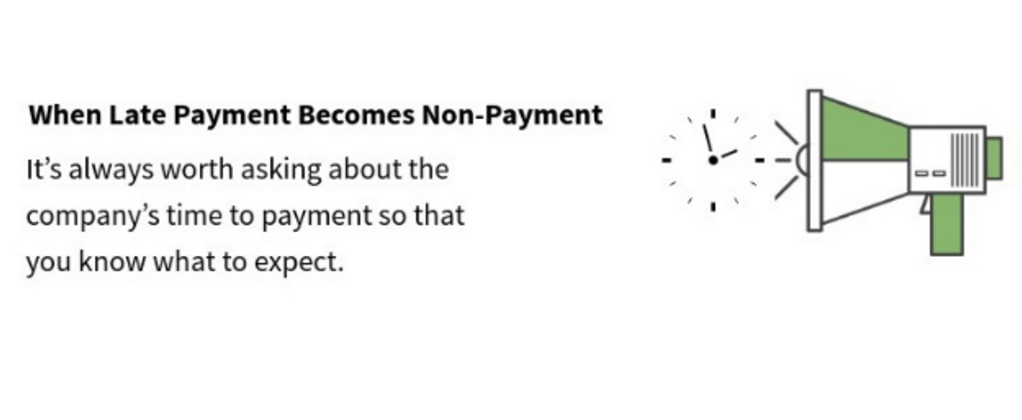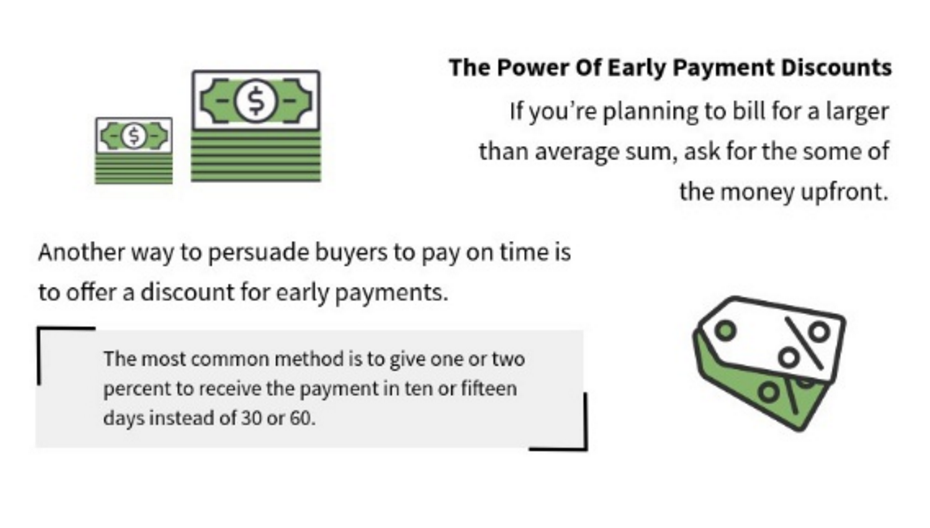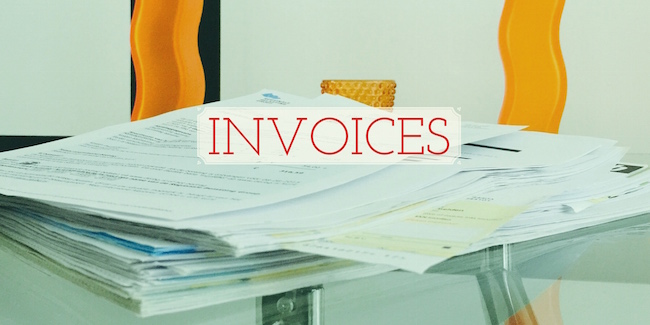Every company has their own system for billing their customers or clients for the products or services they have exchanged. One of the best ways to stay organized in terms of who owes you money is to use an invoicing system for all your client billing needs.
An invoice is not only an effective communication tool that shares what you have done for your client, but it can also serve as a powerful money machine for your business as illustrated in our SlideShare presentation on this topic.

First, you don’t want a late payment to turn into a non-payment from a client, and these situations are quite common. This is where you can use your invoice as the launching point of discussion in which you reference the invoice number, or the project completion task, when asking when a client plans to pay your invoice.
In this way you are better able to ask about your invoice if you have been hesitant to mention it to them – again. The client may merely have forgotten about the invoice, or assumed they already paid it so it’s easier to bring up the invoice in this way to illustrate how payment is still outstanding.
With larger projects that you may be doing for a client, it’s a good idea to submit invoices at the beginning of the project to get paid upfront or, at the very least, get half of the balance at the beginning.
You can also offer an early payment discounts to the client for agreeing to this payment arrangement. The invoice then serves as a point of reference for this initial payment and the outstanding balance that is left to pay at the end of the project, which also could be discounted if it is paid before the project is finished.
Even when clients pay on time, you can introduce a discount on the next invoice to reward this good payment behavior.

Factoring is one option for turning your invoices into powerful money machines. There are companies that lend you money, using your invoice as collateral and creating a subscription type model.
This factoring can often be the cash injection your business can use until clients pay their bills. Typically, factoring companies will pay you between 75 percent and 95 percent of the value of the invoice either through ACH or wire transfer.
There are a few requirements that need to be met before you can use factoring to power up your money.
The first is that you must sell products or services to government agencies or businesses that typically pay their bills within 90 days.
The second requirement is that the invoices should not have liens attached to them, and the third requirement is that your company should be free of any tax or legal issues.
No matter what approach or strategy you take with your invoices, make sure that the invoices are clearly marked with a legitimate address and contact information in order to encourage swift payment.
Make sure you list your payment and date due terms as well as get it to the right person who is responsible for approving the invoices and ordering that payment be made.
Invoicing can seem very tiresome, but it is important to give it the attention it deserves. The good news is that you do have invoicing tools that allow you to send them online to your clients and format them in a way that increases the professionalism and branded look.
Also, by making each invoice as clear, attractive, readable, and convenient, you provide each client with an enjoyable invoicing experience that helps speed that payment. In turn, you also have a better invoice experience by having user-friendly, automated invoicing tools that decrease the amount of time you have to spend on creating and managing them as well as on chasing payments.
Download our Slide Share presentation now to learn even more about how invoices can help power your cash flow.









